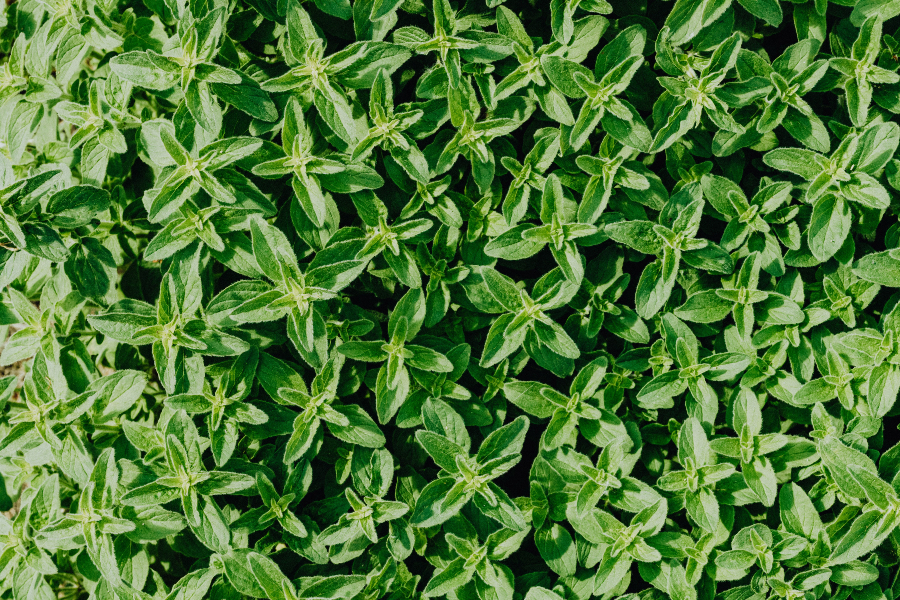How adulterators attempt to deceive laboratory analytical methods

“Great to see academic coverage showing the lengths that fraudsters will go to, to evade food fraud detection methods. A great step in the right direction. Thankfully Bia Analytical’s methods can circumvent these steps.” Dr Terry McGrath CTO, Bia Analytical
A review of the schemes that fraudsters use in an attempt to fool authentication methods for botanical ingredients has been published in the respected peer-reviewed scientific journal, the Journal of Natural Products, the official journal of the American Society of Pharmacognosy (ASP).
The publication is co-authored by the partners of the ABC-AHP-NCNPR Botanical Adulterants Prevention Program (BAPP) and is dedicated to the memory of the late botanist and author Steven Foster and ethnopharmacologist Ezra Bejar, both of whom made substantial contributions to BAPP.
The publication, titled Botanical ingredient forensics: Detection of attempts to deceive commonly used analytical methods for authenticating herbal dietary and food ingredients and supplements, was published online on January 30, 2023. It provides evidence of how botanical ingredients are intentionally adulterated to exploit shortcomings in the specificity of commonly used analytical laboratory methods, such as macroscopic and organoleptic identification, UV/Vis spectrophotometry, high-performance thin-layer chromatography (HPTLC), gas chromatography with flame ionisation detection (GC-FID), and high-performance liquid chromatography with UV/Vis detection (HPLC-UV/Vis).
The paper was written by BAPP Technical Director Stefan Gafner, PhD, and BAPP Founder and Director Mark Blumenthal along with BAPP partners Ikhlas Khan, PhD, of the National Centre for Natural Products Research (NCNPR) at the University of Mississippi’s School of Pharmacy, and Roy Upton, president of the nonprofit American Herbal Pharmacopoeia (AHP). Longtime BAPP consulting scientist John H. Cardellina II, PhD, is a co-author, as is Foster.
The 12,000-word article is based on BAPP’s peer-reviewed publications over the past 12 years and draws from the vast number of reports on adulteration previously published in BAPP’s Botanical Adulterants Prevention Bulletins, Laboratory Guidance Documents, and Botanical Adulterants Monitor newsletters. The review has been published as an open-access paper.
“Throughout history, unethical people have adulterated foods, spices, and medicines,” said Blumenthal, Founder and Executive Director of the American Botanical Council (ABC). “The explosive growth of the botanical medicine and dietary/food supplement market worldwide has attracted unscrupulous players who are interested more in profit than the health of the users of their ingredients or products. And now some of these fraudsters have gone so far as to manipulate their botanical extracts in such a way as to attempt to fool or trick the prevalent analytical methods in industry and third-party quality control laboratories. Our extensive research has documented this deplorable situation and will be highly useful to ethical industry members, academic researchers, and analytical laboratories in government regulatory agencies around the world.”
According to Upton: “Education and awareness are the two most important criteria for identifying adulteration. A great deal of ‘adulteration’ occurs unbeknownst to the buyer because the tests that are used are inadequate, analysts do not know what potential adulterants to look for, or the adulterations are so sophisticated that they fool even the best compendial or non-compendial tests. This article summarises more than a decade of BAPP’s experience featuring the types of adulteration that most commonly occur and hopefully will better inform those who want to produce quality products and inspire them to ask the right questions with regards to analytical approaches.”
Gafner, Chief Science Officer of ABC, stated that “the review is like the 30-second elevator speech of the work that has been done as part of BAPP over the past 12 years. I hope that this will encourage industry members to go to the BAPP website and utilise the valuable resources it contains more widely in order to combat adulteration in the herbal dietary supplement industry.”
Blumenthal added: “We are grateful to the many members of the herb and botanical ingredient industry in the United States and internationally who have supported BAPP’s unique and vitally needed publications. Since its founding in 2010, BAPP has been underwritten or endorsed by more than 200 forward-thinking industry members, trade associations, professional research and health practitioner societies, and many others.”
Further information
Sales: Email: sales@bia-analytical.com Telephone: +44 (0)2871 879 737
Press: Lauren Fleming, Marketing and Administration Officer: Email: lauren.fleming@bia-analytical.com